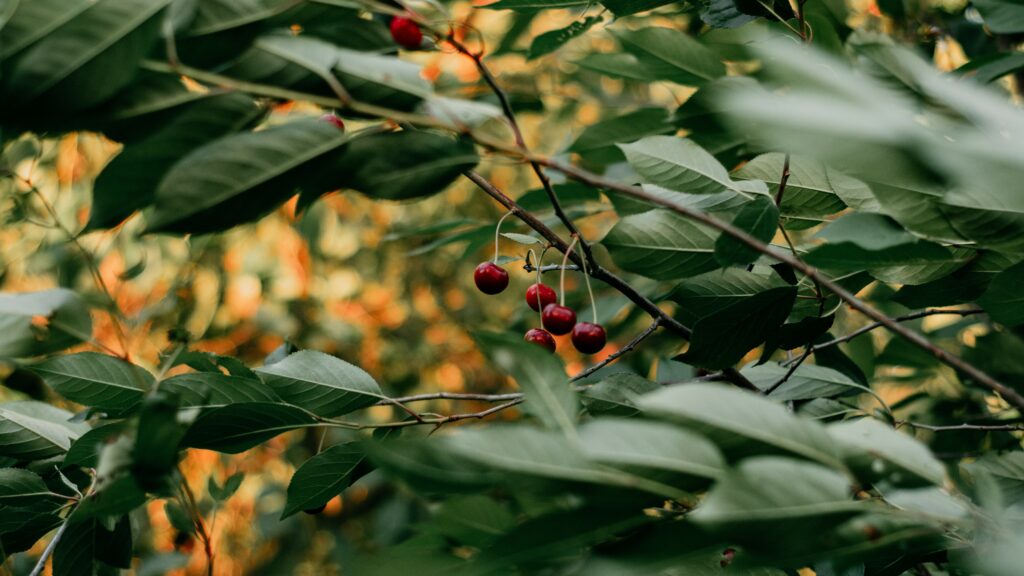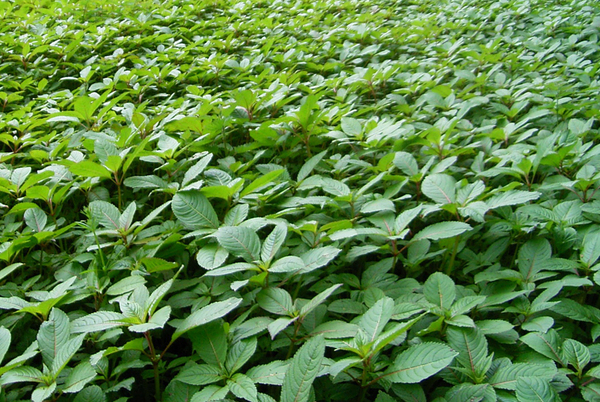Potential of parasitoid to control invasive fruit fly highlighted in study
Drosophila suzukii, commonly known as Spotted Wing Drosophila, is an invasive fruit fly native to Eastern Asia that was accidentally introduced to the Americas and Europe in the late 2000s. It has since spread rapidly causing damage to over 150 wild and cultivated fruits like cherries, blueberries, strawberries, and even the fruits of ornamental plants.
CABI updates International Soft Fruit Conference on fight against devastating invasive fruit fly
CABI scientist Dr Lukas Seehausen has updated delegates at the International Soft Fruit Conference in s-Hertogenbosch, in the Netherlands, on the very latest research in the fight against the devasting fruit fly Drosophila suzukii. Dr Seehausen, a research scientist in risk analysis and invasion ecology based at CABI’s Swiss centre in Delémont, said a biological control agent – the parasitoid Ganaspis…
Classical biological control of Drosophila suzukii with Asian parasitoids
The soft-fruit pest Drosophila suzukii, or spotted-wing drosophila (SWD), is particularly difficult to control because of its short generation time and its very broad host range, including many wild and ornamental plants. The pest has been causing damage to fruit crop in Europe as well as North America where damages costing $500million were reported in…
New in February 2014 from the ISC
In February 2014 the following datasheets were published on CABI’s Invasive Species Compendium (ISC). You can explore the open-access ISC here: www.cabi.org/isc Drosophila suzukii – The damage caused by D. suzukii larvae renders fruit unmarketable. In 2008 economic losses (based on maximum reported yield losses) for California, Oregon and Washington were estimated at 40% for blueberries, 50% for caneberries, 33% for…



